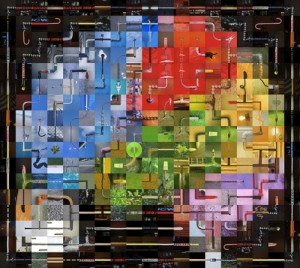
Today a brief overview about memory after brain injury. What can happen and what can impact on memory.
When something goes wrong, it is often helpful to know how it works normally. So it is with memory. Understanding changes to memory after brain injury can be easier to understand if you have some knowledge about how memory is supposed to work:
- what is normal memory
- what are the different stages and types of memory
- what parts of the brain are involved in memory
- strategies for memory loss
Memory After Brain Injury
The following are key points from previous articles on how memory works followed by what can happen when the brain is damaged:
Memory function is our: Experience of the past. Adaptation to the present and planning for the future”
(Rewriting the Script: Demonstrating Skills and Talents. (Workbook documentary video and teaching program). Adelaide: ISLD Flinders University. (1999).
After brain injury our past, present or future memory can be altered: We may have trouble remembering past learning and life. Our ability to adapt and manage our day to day lives may be affected, and our ability to plan and remember our future may be impaired.
The brain has three key stages of memory – Forming, Storage and Retrieval
Encoding (putting information into memory), Storage (holding information in storage over time), and Retrieval (bringing back, recalling information) along with the organisation of information is important for memory and learning.
After brain injury if there is interruption to any of these stages our memory can be affected. We may struggle to put information into memory. Holding information in storage and converting memories from short term to long term storage may be difficult. Or there may be difficulty retrieving information from storage back into consciousness.
Different parts of the brain work together to remember things.
Memory function happens all over the brain. When a person approaches us – information is collected from throughout the brain: recalling (if we can) their name, their facial features, emotional memories about this person – leading to (maybe) remembering who this person is.
After brain injury m
